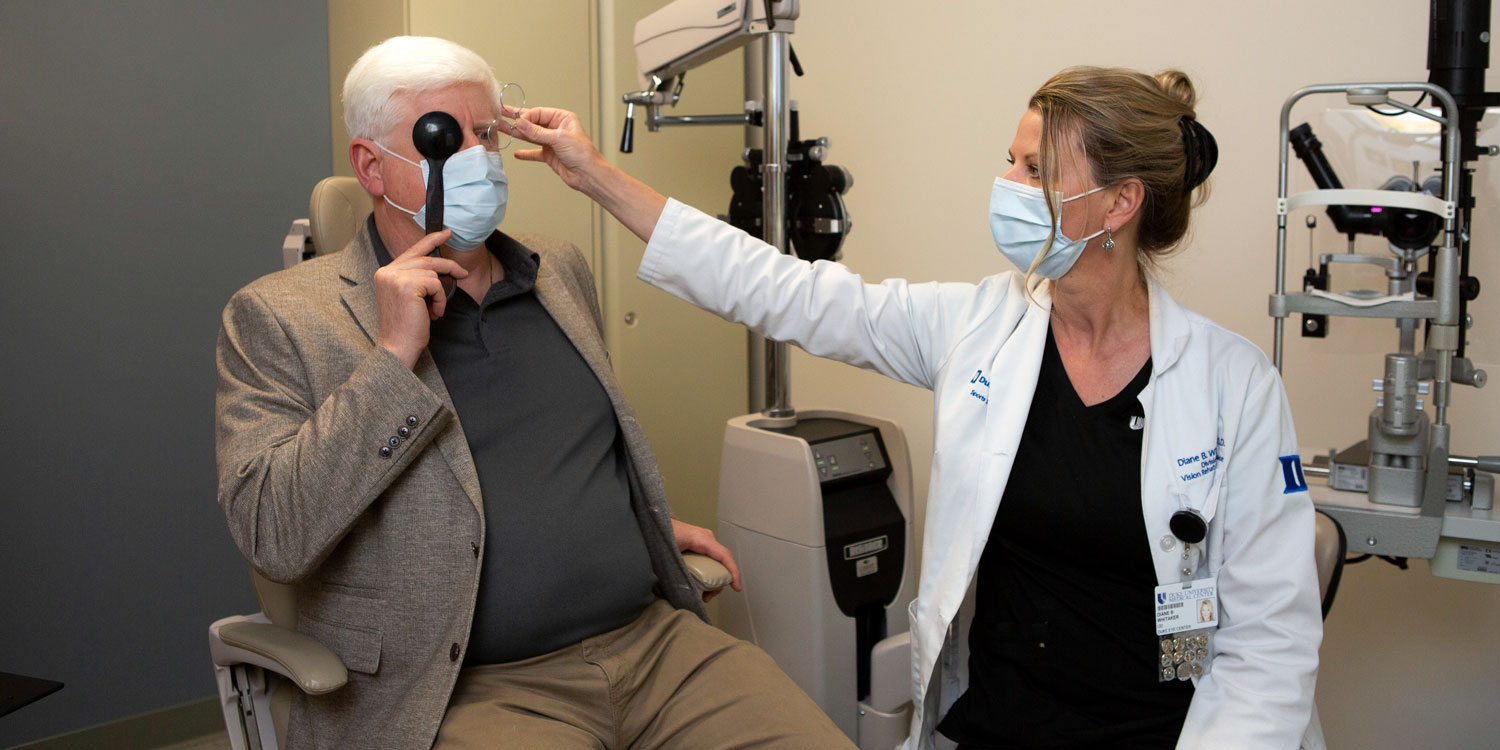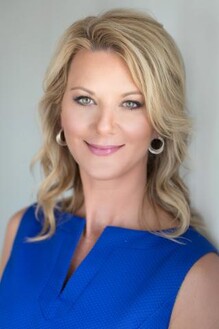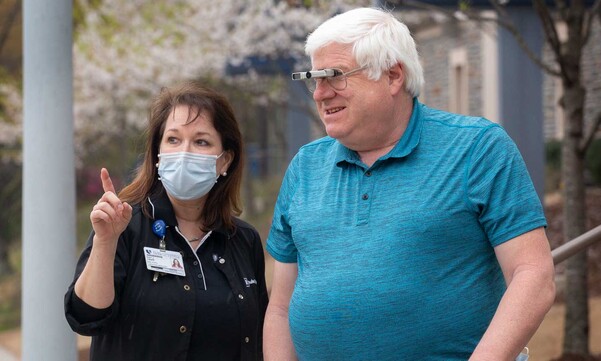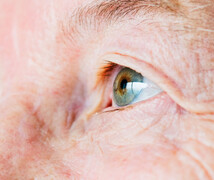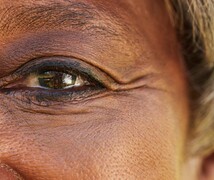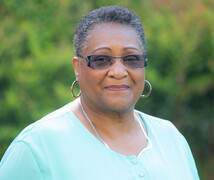Lance and Kevin Morgan were considered legally blind at birth due to a genetic condition called ocular albinism. Having extremely limited vision didn’t stop them from having rich childhoods or successful careers, but the brothers always longed for more independence. Driving was at the top of their wish lists, but by the time they were middle-aged, they had given up hope. Then they began working with Diane Whitaker, OD, and her team of vision rehabilitation specialists at Duke Health. Today, Lance and Kevin are licensed drivers and living the independent lives they always hoped for.
Individualized Eye Care
Dr. Whitaker met the brothers in 2013, soon after they moved from New York to Raleigh, NC. “My goal was to understand their individual goals, then to optimize their visual function with a combination of occupational therapy and assistive technology.”
Kevin described his first appointment with Dr. Whitaker and her team as being the most thorough he had ever experienced. “They spent six hours talking to me and testing my eyes.” Kevin, now age 55, was fitted with soft contact lenses to wear with much lighter, thinner glasses than the thick ones he had worn since he was a child. Lance, 63, was diagnosed with cataracts in both eyes that needed to be surgically removed.
Diane Whitaker, OD works with Kevin Morgan during an eye exam.
From Dream to Reality
When Dr. Whitaker learned that the brothers had always wanted to drive, she told them it was possible. Kevin was eager to get started, but Lance was more conservative. “We consider each person individually and help them be as independent as they want to be without compromising safety,” Whitaker explained.
The path to driving took time and dedication. Specially trained occupational therapists worked with Kevin as he adapted to wearing a bioptic device -- a small telescope mounted on regular eyeglasses -- which corrects his distant vision. Then he took driving lessons with a certified instructor, practiced behind the wheel with an older brother, and studied for his exam. He passed his driving test and bought his first car at age 48. “I’d never even put gas in a car before then,” he recalled.
After witnessing his younger brother’s success and new-found independence, Lance was ready to give driving a try. First, he underwent cataract surgery in each eye. “I drove him to his surgery,” said Kevin. After he recovered, Lance went through the same process as his brother. Now he, too, is a licensed driver.
Giving Thanks and Giving Back
Driving changed everything for the Morgan brothers. “I got my license, and it changed my life. I'm not a prisoner to bus lines anymore,” said Lance. With the extra time, he drives older parishioners to and from church where he serves as an administrator. “It’s fun to be the person giving versus having to receive.” Kevin agreed. “I can finally help my family and give back to them for everything they did for me.” They are also thankful for the care and attention they received at Duke. “Dr. Whitaker is an amazing person. She's doing it so that she can enhance somebody's life, and her staff is top-notch,” said Kevin.
Evolving Patient Care
Seeing the positive change in the Morgans’ lives has altered the way Dr. Whitaker treats patients with ocular albinism and other conditions that affect vision early in life. “I’ve tweaked my professional practice so I can see these kids earlier so that they don't ever have to be told that they can't drive,” she said. "If you can overcome these barriers, it can change the trajectory of someone's life.” She points to Kevin as an example. “He looks like a whole different person. To see him bloom, especially in his fifties, is inspiring.”

